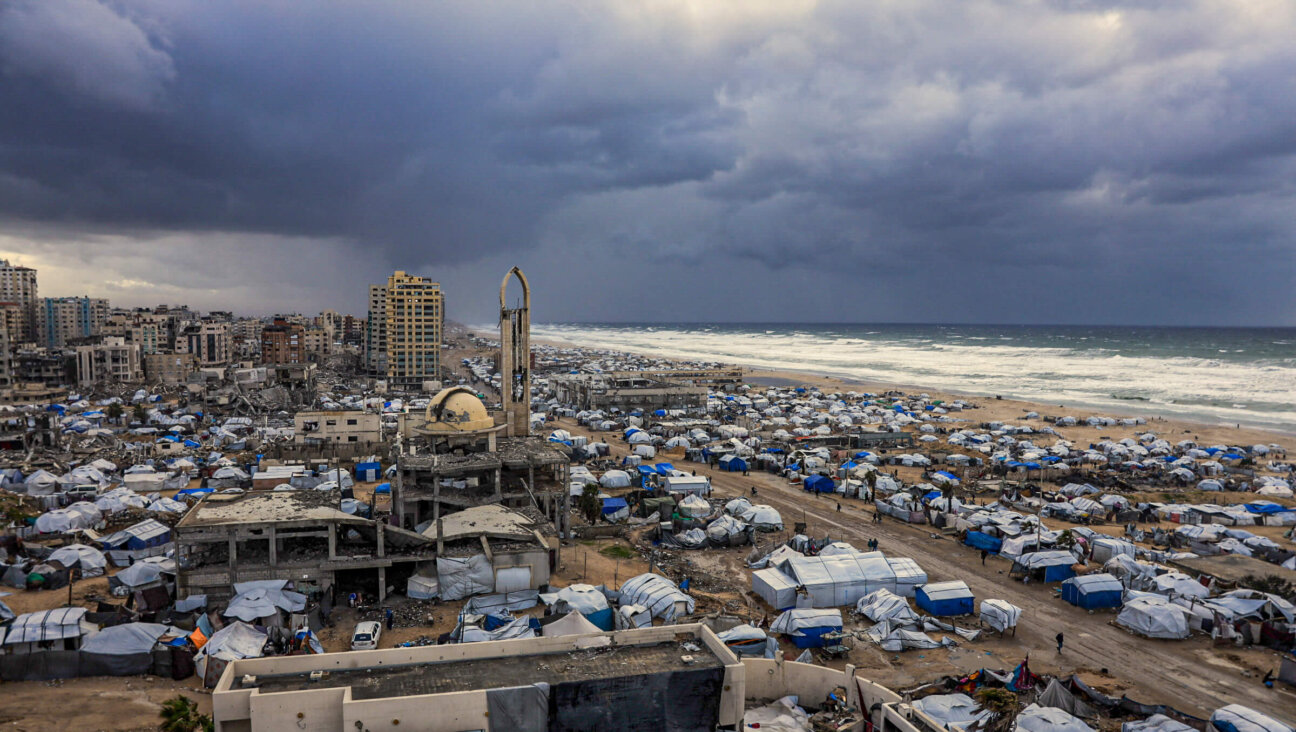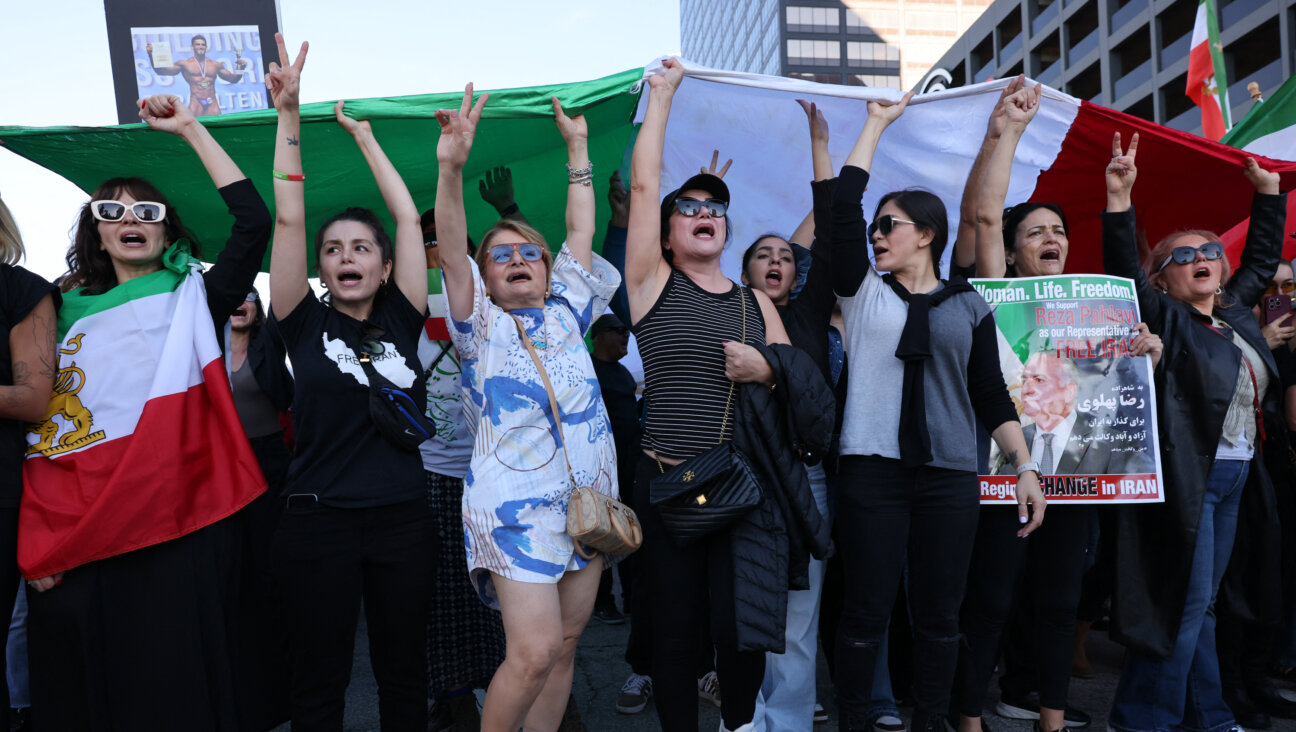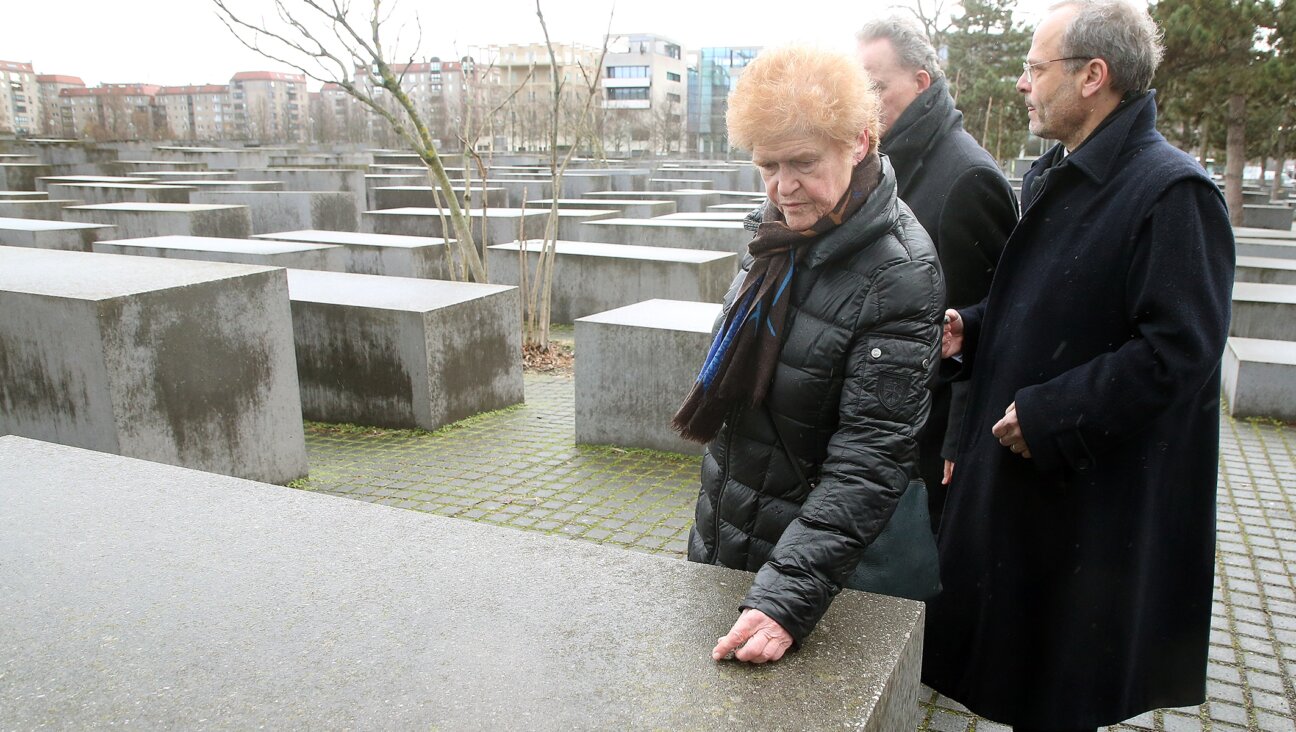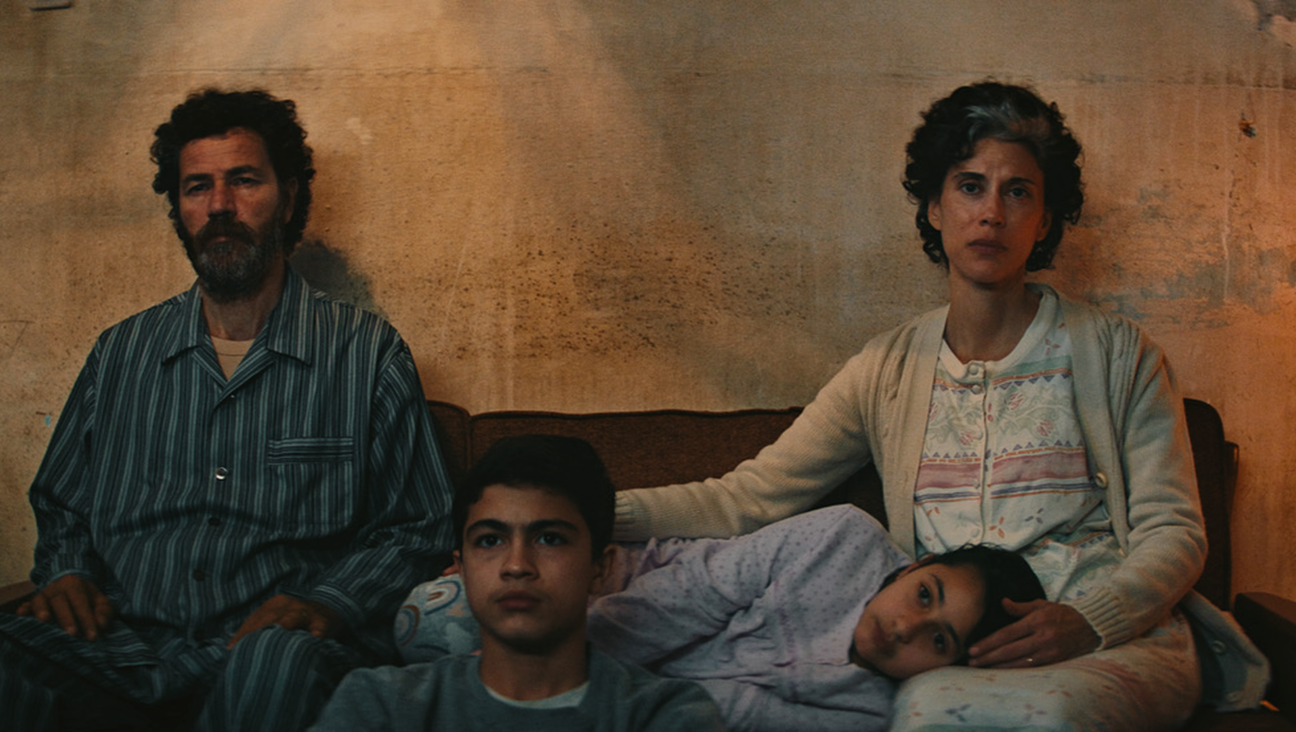4 Reasons We Should Think Before Acting Rashly on Migrant Crisis

Image by Getty Images
I have watched the unfolding refugee crisis with horror. Who could not be moved by the sight of families risking their children’s lives in rickety boats and on rafts designed for leisure and not for escape routes on rough waters?
The picture of little Aylan Kurdi in blue shorts and red shirt dead on the beach left us all speechless.
As a student of Jewish history, I find the image of suffering innocents desperate for refuge stinging. Years ago I began my exploration into the Holocaust by studying the American response. I was appalled by the deep-seated hostility American officials and bureaucrats showed toward Jewish immigrants. They erected, in the words of historian David Wyman, “paper walls” to keep out the foreigners. Jews were turned away simply and solely because they were Jews, even when that meant they would be sent to concentration camps. Seeing Aylan’s lifeless body washed up on a beach, who among us does not wonder: Is history repeating itself?
Everywhere I go, this plagues people. I have listened to friends and acquaintances, from the well informed to those who intentionally avoid the news — whether at my gym, at dinner tables or in departmental meetings — ask: “What do I do to help?” Deeply caring people declare, “The failure to help them is a reflection on the failure of Western society.” I have found myself remaining strangely and uncharacteristically silent.
I am beset by four sets of unanswered questions that require nuanced responses. For some, the very thought of hesitating to act while working through questions in the face of traumatized children is to be hard hearted. Act now, they say, and question later. Yet the decisions that are being made now have tremendous long-term implications. With deep and abiding respect for the dead, there is still much to be learned. We need to go beyond the emotional response to desperate images and grapple with the social, political and moral implications inherent in our response.
- Are these migrants fleeing for their lives, or are they trying to find a better economic and social future for their families? Some are coming because of intolerable and swiftly deteriorating security conditions; others may well see a strategic opening. We must be vigilant about humanitarian issues and more wary of an unquestioning open-door policy.
I say this well aware of the fact that both my parents came to this country in search of a better economic future. But they were immigrants who moved here as part of an articulated immigration process; they did not uproot themselves and make their way across the border.
Maybe we have to differentiate between those who are fleeing a poor country and those who are fleeing a war zone like Syria.
- How will this influx of people change the face of Europe? Will they prove willing to be integrated into European society? And conversely, is Europe willing to do what is necessary to integrate them?
I do not care if they do not become aficionados of European art and culture. That is not sacrosanct. What I care deeply about is the extent to which these new immigrants will commit to democratic principles and to the messiness of a democracy.
Will they prove able to accept that democracy entails the willingness to have one’s most basic belief challenged? Do they understand that the freedoms of speech and expression have no “but” associated with them? Will an influx lead to a powerful right-wing nationalist backlash? And if so, how can that be addressed and prevented?
- And why, for that matter, have so many Muslim countries shut their doors to them? While huge numbers of those fleeing Syria have found refuge in Lebanon, Jordan and Turkey, what of the oil-rich Gulf States? They have welcomed none.
Muslims are asking the same question.
- What about Israel? In a rare personal turn, I find myself almost agreeing with Prime Minister Benjamin Netanyahu’s decision not to accept any refugees. Israel has given extensive medical aid to Syrians caught in the bloody civil war. Many of them, while grateful, hide the fact that Israel helped them, and they do so because of the open hostility Syria’s citizens feel toward Israel.
How, then, is Israel to open its doors to Syrian refugees? How does Israel check fleeing crowds for associations with extremist groups bent on Israel’s harm? Yet might it not have been possible to symbolically accept a few thousand who were properly and thoroughly vetted? Wouldn’t this send a message about Israel’s commitment to Jewish values?
If you detect ambivalence and struggle in my questions, you are right. I, like many of you, am trying to discern what is happening here. Even as I do, I wonder whether my compassion has been derailed by my skepticism or my logic has been derailed by my compassion.
Nonetheless, even as I donate to a refugee assistance fund I am asking these questions. When people are drowning and babies are suffering, the time to deliberate and search for answers may well be a luxury. I understand. However, we cannot afford to respond without also thinking about the broader implications of our actions.
Deborah Lipstadt is the Dorot Professor of Modern Jewish History and Holocaust Studies at Emory University, and a contributing editor at the Forward.
















